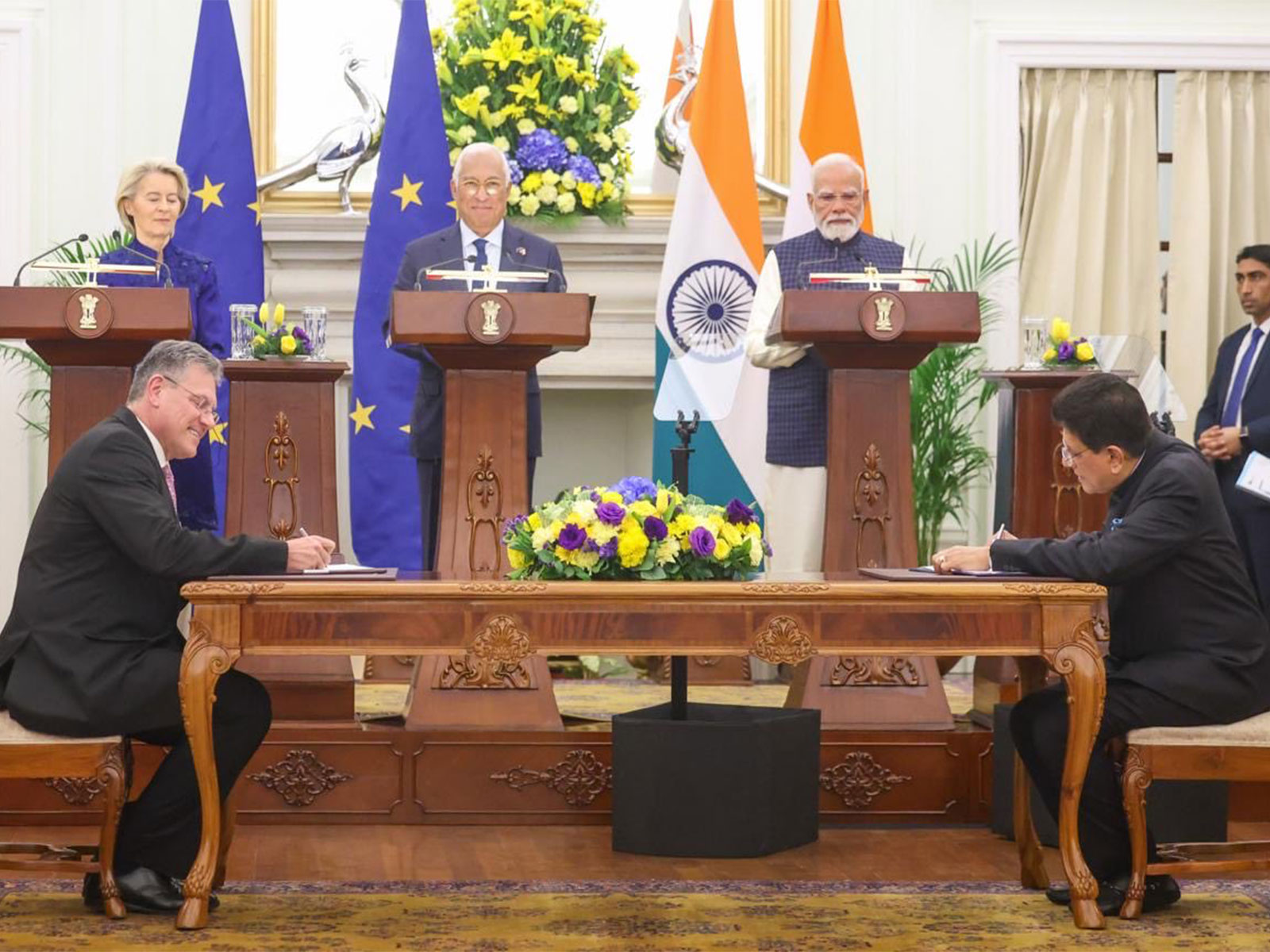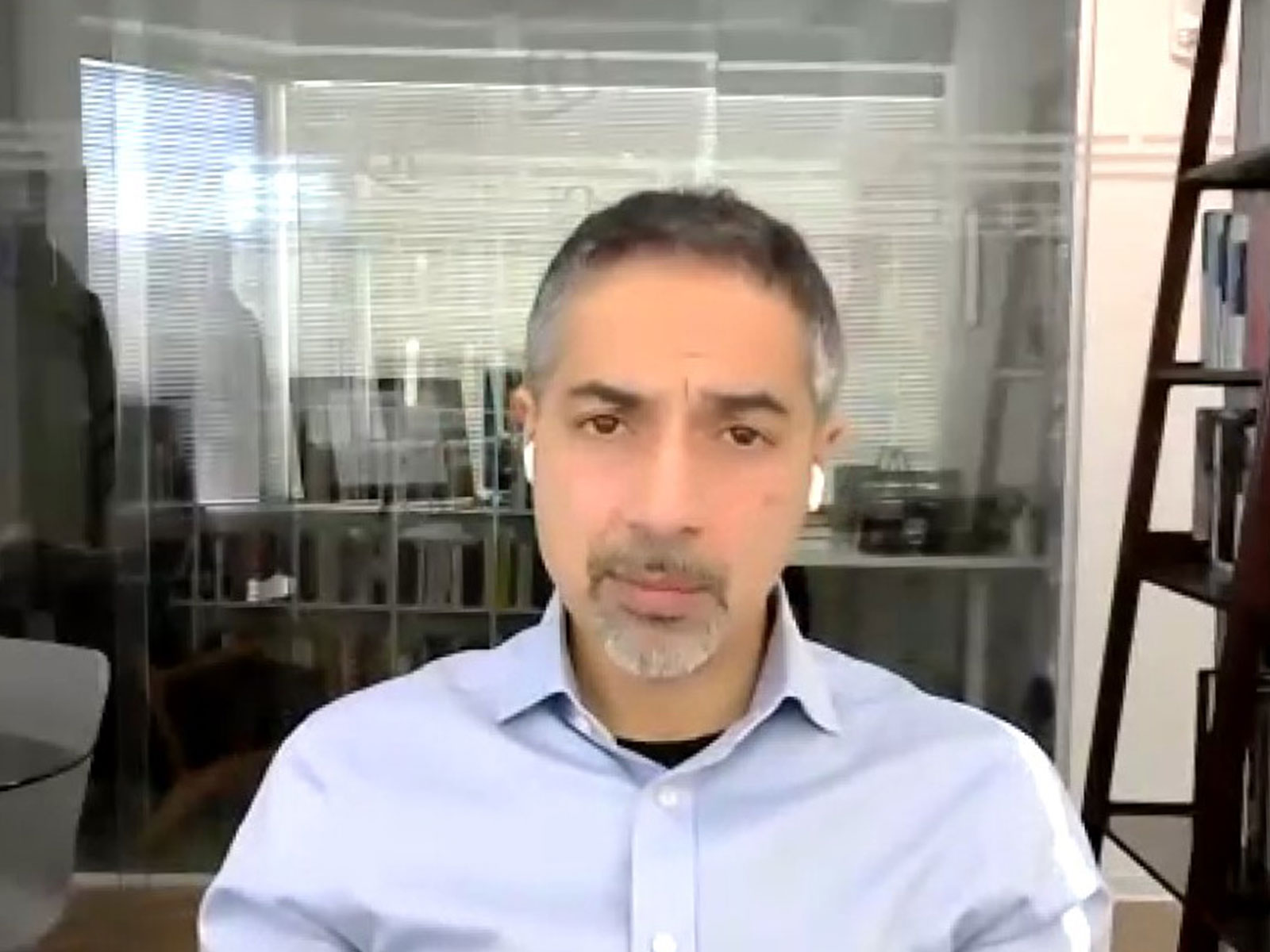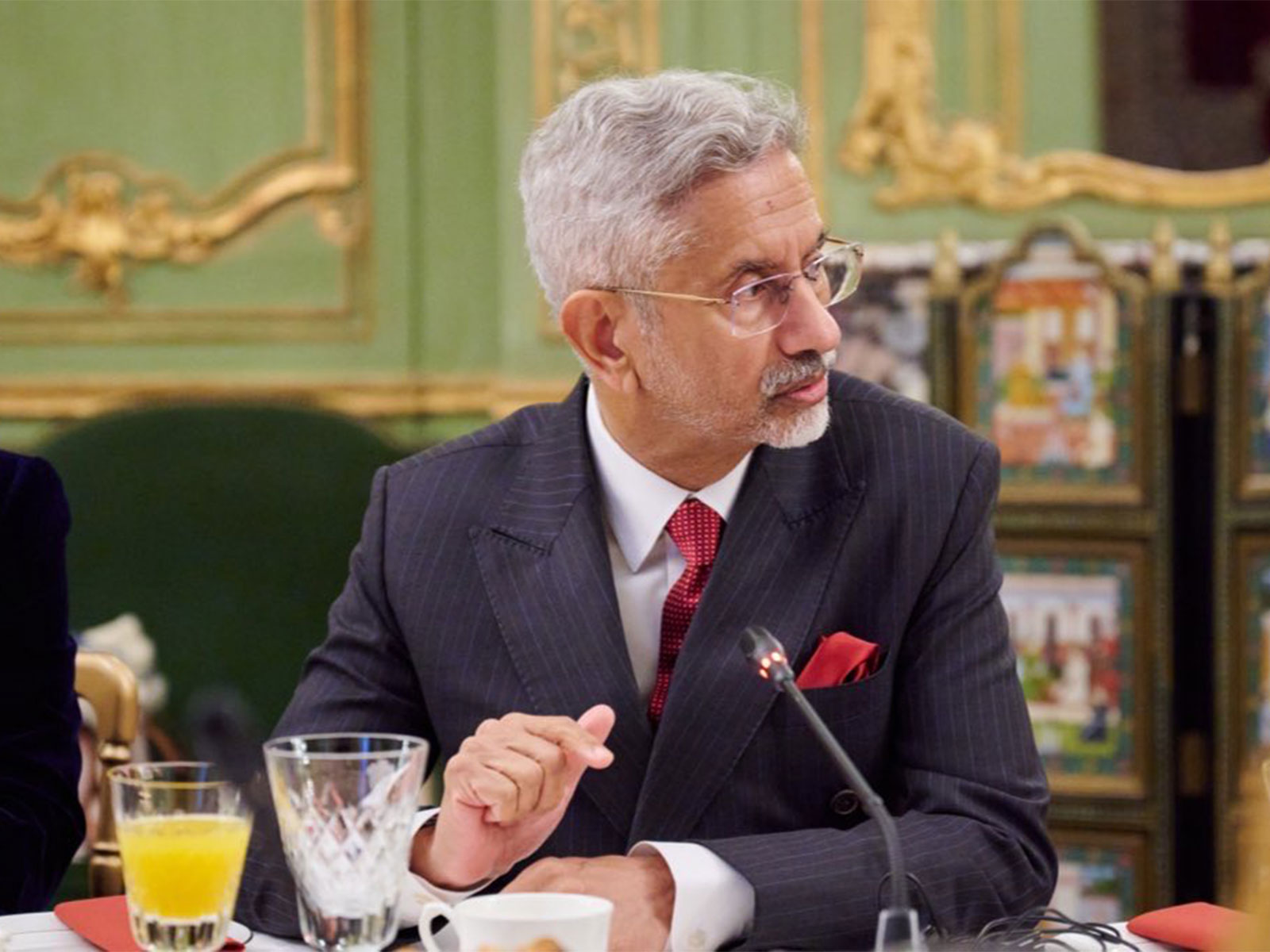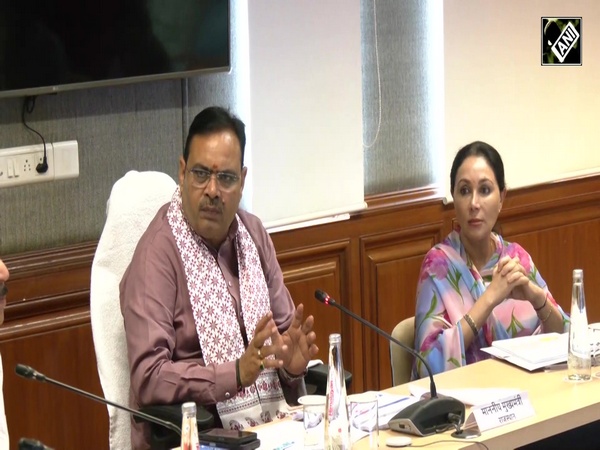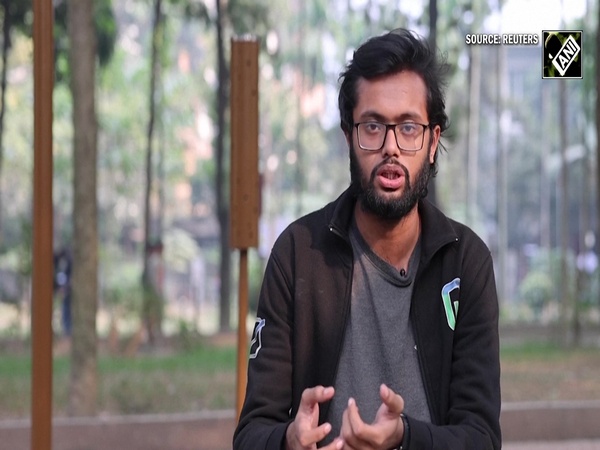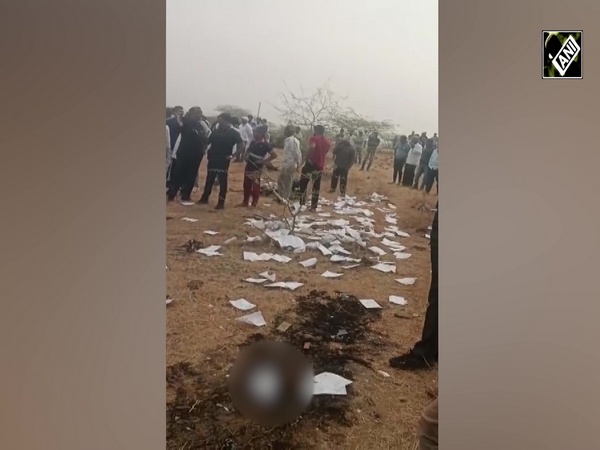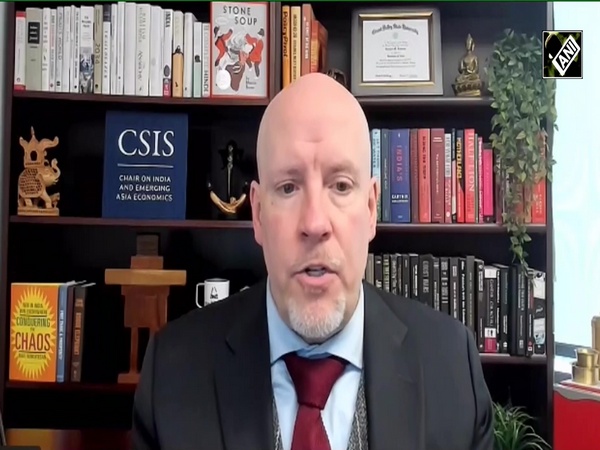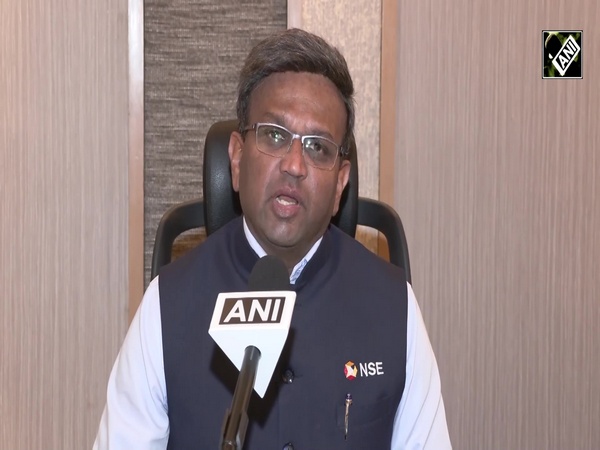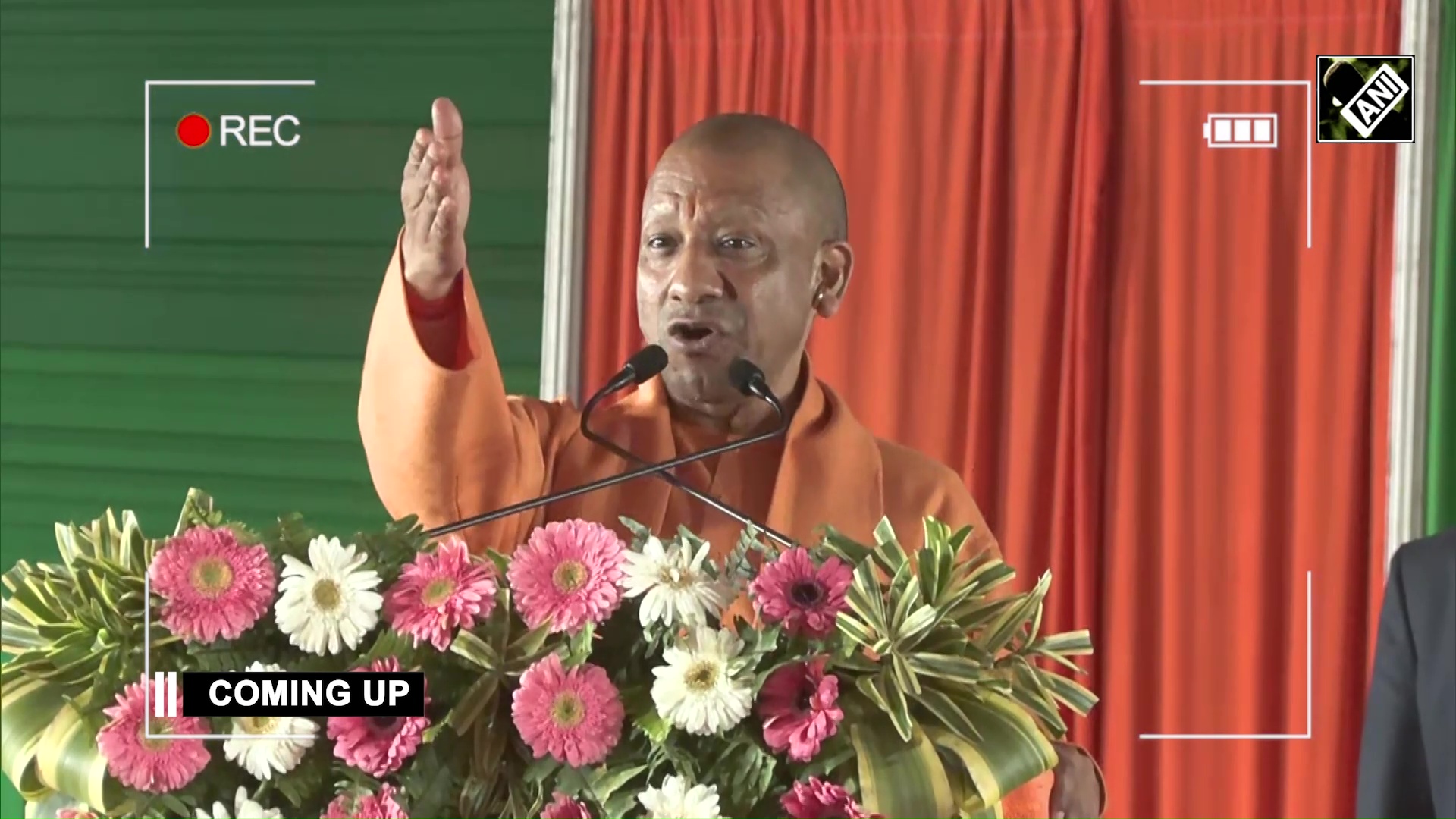Qatar welcomes Iran-Israel ceasefire, urges peaceful resolution of regional tensions
Jun 24, 2025

Doha [Qatar], June 24 : The State of Qatar has welcomed the ceasefire agreement between the Islamic Republic of Iran and Israel, calling it a meaningful step toward dialogue and diplomacy aimed at resolving conflicts in the region and beyond, according to a statement by the Qatar's Ministry of Foreign Affairs.
The Ministry of Foreign Affairs expressed Qatar's hope that the agreement would serve as "a meaningful step toward adopting dialogue and diplomacy to resolve conflicts in the region and beyond." It underscored the importance of peaceful means to achieve "lasting stability and comprehensive, sustainable peace." Simultaneously, the Ministry reiterated concern over "the Iranian violation of Qatar's sovereignty and airspace," describing it as "part of a dangerous escalation in the region," and called for "sincere and collective efforts to deter all irresponsible actions."
Reaffirming its longstanding position, the Ministry noted that "Qatar will continue to serve as a driving force for peace," adding that its commitment is "grounded in principle and is not influenced by specific events or shifting political considerations." The Ministry added that Qatar "remains dedicated to the values of good neighborliness" and supports "all sincere efforts aimed at resolving crises and building a more secure, cooperative, and prosperous world."
The Ministry also conveyed the State of Qatar's "sincere appreciation for the efforts of His Excellency President Donald Trump, President of the United States of America, in facilitating this agreement." It expressed hope that "both parties will fully uphold and adhere to its terms."
Meanwhile, US President Donald Trump reiterated that the West Asia ceasefire was in effect and warned against violations. In a Truth Social post, he wrote, "The ceasefire is now in effect. Please do not violate it! Donald J. Trump, President of the United States."
Trump had earlier announced that Iran and Israel had agreed to a "complete and total ceasefire," hours after Iran had targeted American air bases in the Middle East. He detailed the planned timeline of de-escalation, stating, "Iran will start the ceasefire and, upon the 12th Hour, Israel will start the ceasefire and, upon the 24th Hour, an official end to the 12-Day War."
According to Reuters, Qatari Prime Minister Sheikh Mohammed bin Abdulrahman Al Thani played a key role in securing Iran's agreement to the ceasefire. His conversation with Iranian officials came shortly after Trump informed Qatar's Emir that Israel had accepted the proposal and requested Doha's help in securing Tehran's cooperation.
However, tensions reignited shortly after the announcement. As reported by the Times of Israel, Iran launched fresh missile strikes into Israel, killing four people and injuring several in Beersheba after a residential building was hit.
The escalation traces back to June 13, when Israel launched "Operation Rising Lion"--a large-scale airstrike on Iranian military and nuclear targets. In retaliation, Iran's Islamic Revolutionary Guard Corps initiated "Operation True Promise 3," targeting Israeli energy infrastructure through drone and missile attacks.
The United States then launched "Operation Midnight Hammer," carrying out precision airstrikes on three Iranian nuclear facilities. In response, Iran struck back by launching missiles at US military installations in Iraq and Qatar, including Al Udeid Air Base--the largest American military facility in the region.
